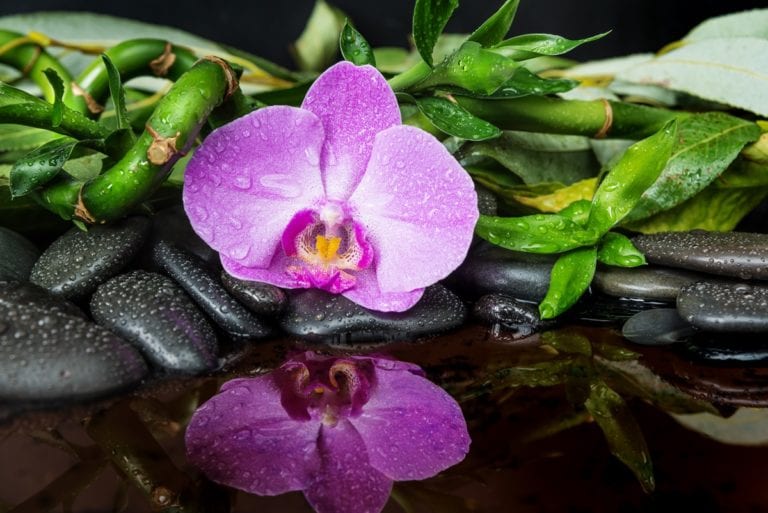May 2019 Audio Meditation
If you would like to have this audio meditation with photographs, here’s the youtube version:
Meditations, experiments, books and guided meditations to assist with nourishing spirituality, healing childhood wounds, and living more consciously.
Meditations, experiments, books and guided meditations to assist with nourishing spirituality, healing childhood wounds, and living more consciously.

If you would like to have this audio meditation with photographs, here’s the youtube version:

Here’s the YouTube version of the audio meditation with images:

Recently, I participated in a conversation in front of a large group of people where a colleague and I discussed intersections between Somatic Experiencing® and other body-based approaches and Buddhist practices and concepts. What became the underlying theme for me was to convey to the audience that when we feel activated—under threat or overwhelmed—our perception narrows and we lose sight of the bigger picture. We can see this dynamic all around us at this time, where people on every side of an issue become locked into their perspective and are seemingly unable to take in new information that would widen their understanding of a given stance or situation. Also, we lose sight of all the good that’s happening in the world when we’re overwhelmed by activation.
The discussion went on to underscore the importance of being aware of our own particular activation signals and behaviors, and how essential it is to be able to manage ourselves and bring ourselves back into regulation when we notice that we are activated. I spent some time talking about the difference between the “trauma brain” and the “present-day brain”. The “trauma brain” operates within an either/or, lack-of-options framework, so when we’re activated, it’s difficult to see possibilities that weren’t initially obvious. The “present-day brain” operates within a framework of both/and, along with an ability to imagine a range of options.
Read More “757th Week: Coming Back to Grounding”
I feel very fortunate to have an opportunity to go to Central Park on some days to get exercise and to plop myself down on a bench where I have spent so much time over the years in meditation and contemplation with my tree friends. One of the things that I’ve noticed each time I’m in the park these days is how many people are jogging and walking without wearing masks. This got me to thinking about our participation as members of a community and how we have an ongoing opportunity to take responsibility for our part in supporting everyone around us.
As I pondered the question of why people aren’t wearing masks as they exercise and walk around Central Park, I could only imagine that they haven’t quite registered that we are wearing masks to protect one another. They aren’t really to protect ourselves, since most of us don’t have the kind of mask that will filter out viruses. The reason we are wearing them is because we could unknowingly be carriers of the virus and we are protecting everyone around us.
For this week’s practice, I invite all of us to be aware of our place within our communities. Wherever we live, we are part of a collective and we are responsible for our contributions to our community, however that might be arranged and however small or large those contributions. What I’d like to ask all of us to consider is how are we caring for our community? What practices do we bring to help support and protect those around us? In the building where I live in New York City we have active cases of the Covid virus, so all of us are asked to be sure to wear masks and gloves when interacting with the doormen and concierges in the lobby of this very large building and in the laundry room as a way to protect the people who work here, as well as to protect each other.
Read More “784th Week: Being Part of a Community”